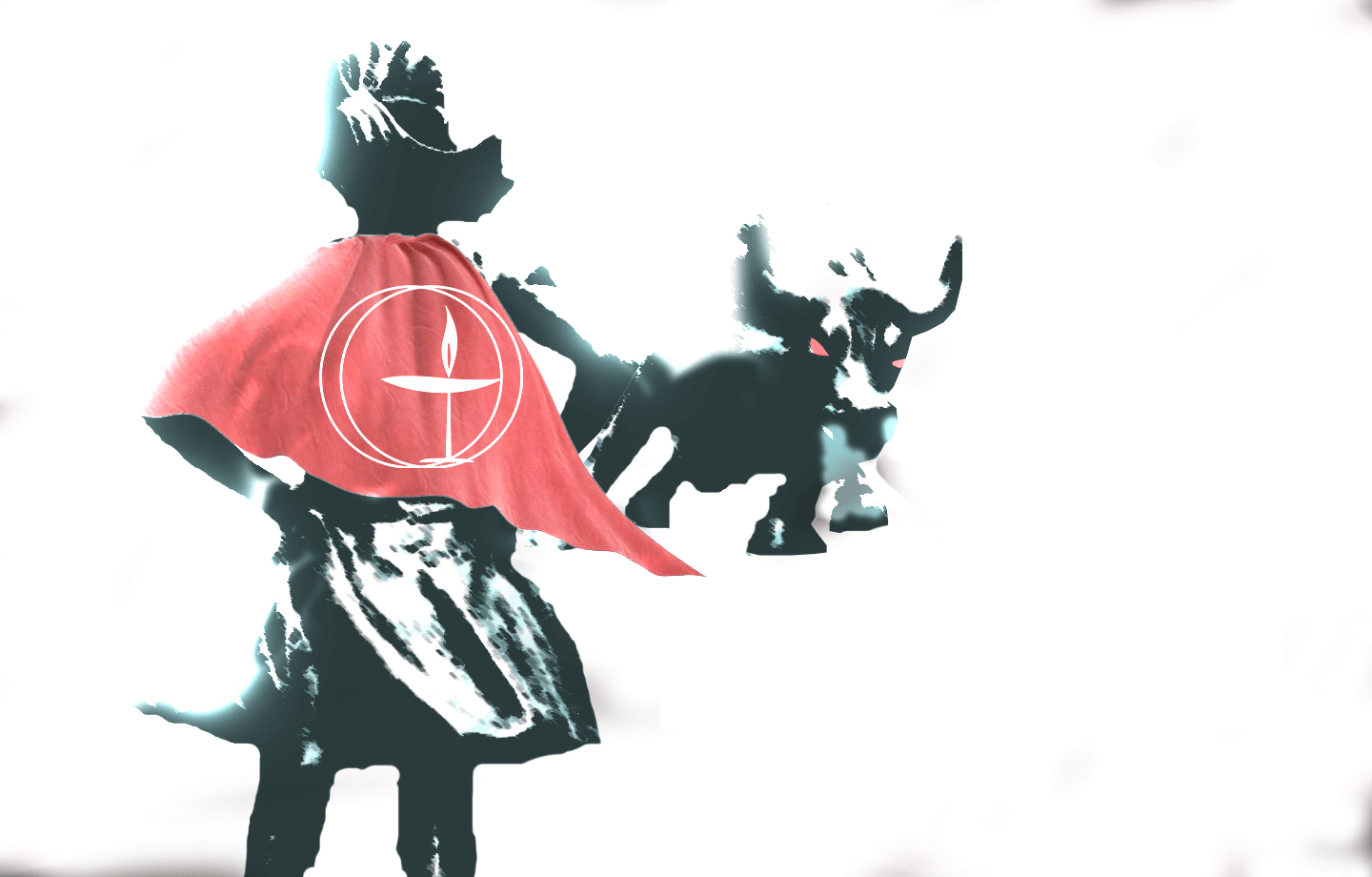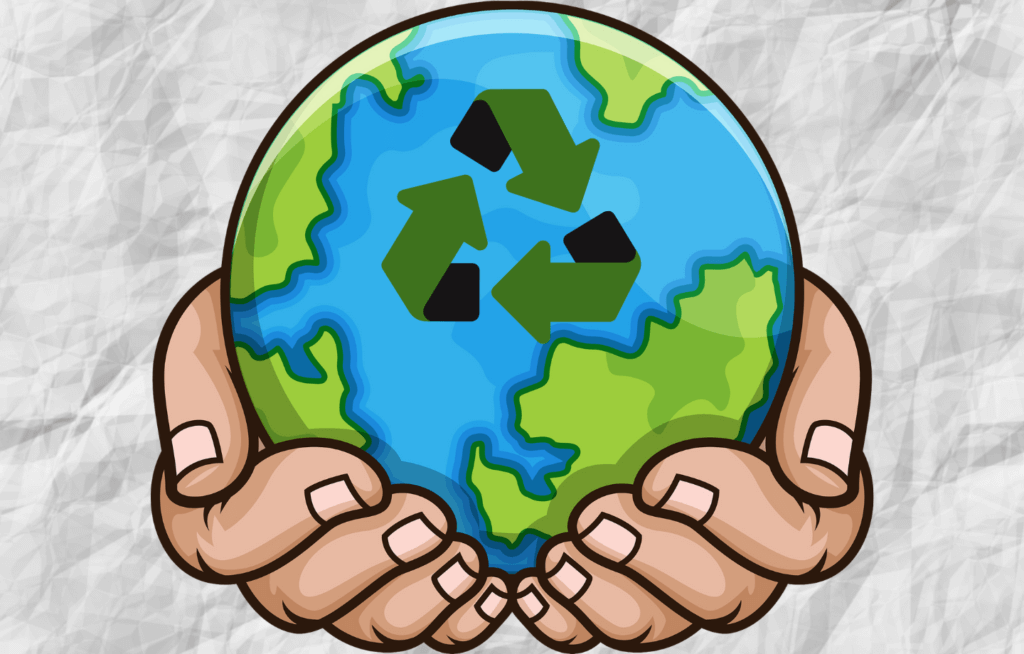
- This event has passed.
We Don’t Need Another Hero
Sunday, January 24 @ 10:30 am - 11:30 am


The “heroic attitude is ingrained in our culture, and it shapes how most of us approach activism. But we are in the throes of a major cultural shift that is redefining how power is handled, and that calls for a new model of activism. Jody will contrast the heroic model of “defeating the bad guys” with a model drawn from her studies of heroines, one that focuses on sharing and empowering all people.
Cultural mythologist Jody Gentian Bower holds a PhD in Mythological Studies with a Depth Psychology Emphasis from Pacifica Graduate Institute and a Master’s of Social Work from the University of Washington. Jody is the daughter of Al and Sarah Skinner; she grew up in the East Shore church and is descended from a long line of Unitarians and social activists.
She is the author of Jane Eyre’s Sisters: How Women Live and Write the Heroine Story (Quest 2015), which explores the journey real and fictional women—and some men—take in the quest to live full and authentic lives, and The Princess Powers Up: Watching the Sleeping Beauties become Warrior Goddesses (Mandorla 2020), which traces the evolution of power in Disney heroines and other heroines of fantasy and science fiction shows. She is currently at work on a book of essays examining the gifts of barrenness.
how to attend
• To virtually attend, please Zoom in using room number 989 3107 9078.
• To phone into the service, call 669-900-6833, Meeting ID: 989 3107 9078.
For those joining, please mute as soon as you enter the room, so everyone can hear. Please note, the services will be recorded, but at this time, there are no plans to share the recording.
More Information
Religious Education for children and youth begins at 9:30 a.m. in the same room! Learn more here.
If you don’t have a chalice, but want to light one, check out our Making a Chalice at Home page.
Service is followed by Coffee Hour.
Children’s Story
Sermon Audio
We Don’t Need Another Hero
Sermon Text
There are many lenses through which we can view the arc of human history, many ways we can focus on events. I’m a cultural mythologist. My lens is what myths are playing out right now in the culture. Sometimes these myths echo the old myths we know, the folk tales and legends we grew up with, but take new forms. Sometimes they are new myths.
I use the word “myth” for any story or idea that gives meaning to our world. As Robert Guyker put it, a myth confirms a “group’s sense of self-image, orientation, and worldview: inhabitants of a myth are warmed, housed, and sustained by the message of the myth which in turn creates models of behavior and instills habits.” Every community is sustained and strengthened by their unifying myth.
James Hillman, author of The Soul’s Code, observed two opposing myths at work in American politics. The first, the myth that unifies many conservatives, is the myth of the fall. This worldview sees human history as a long falling away from a Golden Age we knew in the past, a falling away from the Garden of Eden. Those who hold this view glorify the past. They see the way things used to be as something we need to get back to. They fear the future where, they believe, things will be worse.
The second myth is the myth of progress, the idea that the best is yet to come. Those who believe this embrace change; they think that a better future is something we can make happen; in fact, we have a responsibility to make it happen. For progressives, any “get back” is a setback. They fear a return to the past when things were worse.
I’m emphasizing fear here for a reason. Emotions motivate us to action. That’s their purpose. The main action that we take when we feel fear is to try to push away that which we don’t want. When we hook into fear, we focus on the negative.
And the flip side of fear is anger.
The natural movement of any culture is toward progress. That’s a fact. I suspect both myths arose as a response to that fact. In every society, there’s a range of attitudes about change, and I bet if you could plot them on a graph, it would be a bell curve. Progressives are on the leading edge, conservatives are on the trailing edge. The bulk of the population is that half of the voters who don’t vote; the ones who ‘don’t know’ on polls.
Because of them, the culture as a whole stays more or less on an even keel while moving into the future at a pace too slow for progressives and way too fast for conservatives. We move forward at a pace most of the population can live with.
But in the last 50 years we’ve been moving forward much, much faster than usual. So we can understand why those on the trailing edge are so angry, so fearful. They haven’t had time to adapt. And they don’t just fear what the future will bring; they fear that there will be no place for them there. This fear is legitimate. They are being left behind.
I write books about heroines. By heroines, I don’t mean gender-swapped heroes, like the kick-ass warrior girls so popular today who just do the same thing as boy heroes. I mean the heroines of stories women actually live out, the stories they write. It’s a very different path from the hero story.
At one point I started thinking about how the stories of the hero and of the heroine apply to activism. I realized that most forms of social activism, even when progressives practice it, almost always involve a “heroic” mindset. Let me pick that mindset apart for you:
- Heroes, traditionally, fight on behalf of others to fix a problem threatening their people, their community.
- They fix the problem through one single heroic act, usually by defeating the bad guy.
- Heroes act from their emotions. Heroic thinking enforces the idea that the best motivator for activism is righteous anger. The “if you’re not angry, you’re not paying attention” way of thinking. Remember anger is about pushing away, attacking that which we don’t like. Heroes go on the attack. But anger is the outward side of fear. Fear is the real motivator in heroic thinking.
- Heroic thinking asks us to see things in terms of right and wrong. It polarizes things. There’s what we like, what we want, and then there’s what we don’t like, what we don’t want.
- Anger- and fear-based thoughts, over time, actually change our brains. They make us more paranoid. They condition us to see issues solely in terms of threats to our well-being or that of others; threats to the way we think things should be.
- And that leads us to believe in enemies, in villains. Heroic thinking asks us to believe that problems are caused by someone or something that must be defeated.
- It tells us that any problem can be solved by defeating the villain.
- It asks us to idealize or idolize the hero. To be hero-worshippers. To believe, for example, that we have to elect one particular person to be our President because only that person can and will fix everything.
- It enforces low self-esteem. Hero-worship says “I may not be much, I can’t do anything about these problems myself—but my hero can because he’s better than me and everyone else too. And because I am on his side that makes me a good person.”
- Hero-worship also puts a huge burden on the hero. People elect them or ask them to volunteer to run something and then sit back and wait for them to perform miracles while not doing anything to help. And because problems aren’t that easily solved, can’t be fixed with a single act, the hero has to keep on being heroic. No wonder many burn out or become a martyr to the cause.
- Few people realize that in the stories, what the hero really does by removing the threat is to restore things to how they used to be, back to “normal.” The hero reinforces the status quo.
- Even if the hero wins, the winning side then has to put most of its energies into maintaining control over the losing side. There’s a risk that heroes will become tyrants. And there’s little energy left for creating anything new or different.
I think you can see how heroic thinking fits beautifully with conservative thinking. But how compatible is it with progressive values?
I admit that I too struggle with heroic thinking. I feel anger and fear too when I listen to the other side. Anytime things go in what I see as the wrong direction, I feel pressure to fix it; I feel like I have a duty to spend all my time fighting all the things that are wrong.
But I’m also a pragmatist, which means I tend to ask myself “so, how’s that working for you?” And you know what? it’s not. No matter how many facts and proof I can muster, I’ve never managed to argue anyone out of their myth.
The last few years have been a real lesson in how futile argument is. I do know a few people who’ve changed their minds on things, but I didn’t cause that; they changed because something happened that made them question their beliefs. They had an experience that contradicted their thinking, that made them amenable to adopting a different myth.
I woke up out of a dream right around the time of the November election with these words ringing in my mind: “Just because some people are fighting progress doesn’t mean I have to fight them.”
Please note I’m not talking about violent extremists. Those people do need to be fought and we do need some heroes to fight them. That’s who our police, our soldiers, are supposed to be. But here and now, I’m talking about most of us and most of the situations facing us. The family members, the coworker with whom we disagree but have to deal with, or maybe a neighbor.
This is where we can learn from the heroine. Usually her story goes like this: she finds herself in an intolerable situation because others are trying to enforce their ideas of who she should be on her, to dominate her, control her. She doesn’t try to change them; she doesn’t fight with them. She does say no to them; she does resist.
But if resistance isn’t enough—and it usually isn’t—what she does next is to leave the situation. In the stories, she goes right to the place that her family or community has told her to fear: the woods in fairy tales, the big city or the university in modern stories. She goes right to the place her rigid family of origin thinks is the source of evil, the place where the enemy is in power. She goes there to learn what she can never learn at home: another point of view.
There she finds her teacher: the witch. The woman no one controls, the woman of power. In Russian myths it’s Baba Yaga, in Arthurian stories it’s Ragnell the ugly crone, in many mythologies it’s the chthonic Earth Mother whose wisdom has no bounds. A modern example is Miranda, the devil who wore Prada. In hero stories the witch is a threat and he has to outwit or kill her. But the heroine humbly bows before her and says “I want to learn. To prove it, I will do anything you ask.”
You all know the fairy tales where the young woman has to pass tests that involve winnowing out the good seeds from the bad, the wheat from the chaff, making gold out of what appears to be worthless straw. She has to do it in an impossibly short amount of time. She has to put her emotions aside to do this. She has to look at each item objectively and choose appropriately. She has to get creative.
These tests teach discernment. They teach the young woman how to see things as they really are. Once she can see with such clear eyes, she can recognize what is of value. In today’s universities, what she learns is first, a methodology for separating wheat from chaff, and then, hopefully, critical thinking, which is the foundation of creativity.
Once the heroine has passed the tests, she can live a value-driven life. She continues to resist everything that’s not in keeping with her values, but she doesn’t focus on the bad seeds. That’s not where she puts her energy. Fear is not her motivating emotion. She doesn’t obsess about how wrong they are, she doesn’t get angry that they exist, and most of all, she doesn’t try to fix them.
Instead, she focuses on the good, on creating or gathering more of what she values. No matter how many bad seeds come her way, the heroine persists in holding onto and promoting only what she values. Then she can recognize and bring or nurture more and more of the good into her own life. And because she can think critically, which means she is able to reflect on and find the flaws in her own approach, her own thinking, she finds creative ways to make new things, to do things differently.
Then the miracle happens. Other people notice how she’s going about her life and say, “I like what I see. I like what she’s doing. That seems to work really well. I’m going to try to do things that way too.” She gives them an experience of something new, something different, and that sets in motion a ripple effect. More and more people become intrigued and open to the idea of a new way. And when enough people in the community embrace the new way of doing things, the community changes—organically, without force.
The former chief of brain biochemistry at the National Institutes of Health, Candace Pert, found that our emotions not only change our own body chemistry; they change the body chemistry of the people we interact with. Our emotions send electrical signals that travel not just to the receptors on our own body cells but on the cells of others nearby. She said, “We’re vibrating like a tuning fork — we send out a vibration to other people. We broadcast and receive. [We] are connected to everybody else.”
The emotions we feel leave a wake that touches everyone we pass. The person who goes through the world in anger and fear leaves angry people in their wake; you can see that on the highway every day. The person who feels they have to impose their will on others can never stop tweeting. But the heroine trusts others. She goes her own way and leaves it up to others to follow her lead or not. Those who do, act out of free will. Everyone is free.
Our compassion for those who suffer, even our righteous anger, must be tempered with belief and faith in others, the belief that what they really need from us is not for us to change them or rescue them, but give them the freedom to show everyone what they can do. That dismantling systemic racism and sexism, dismantling the old power systems that allow abuse of certain groups, may best be achieved by building new systems free of unfair obstacles—new systems that are true to our values and our vision of a better future—in the belief that when people see how those new systems work, they will want to switch over to them.
And to do that we need to stop being motivated by fear and anger.
How can we do that? Counselors often tell their clients to go out and act in the world as if they already are the person they want to become. The “fake it ‘til you make it” method. It’s a powerful technique because it works. My guess is it works because every time you act “as if,” you actually change your own body chemistry. You tune yourself to that wished-for vibration. And as soon as you do that, your vibration changes the people around you; they react in kind to you, which reinforces your own vibration and changes your body chemistry even more, and away we go.
Instead of acting like a hero, fighting against that which makes you angry, pushing back against that which you fear, acting as if the world is full of villains and threats, as if you personally are obligated to correct all the wrongs of the world, I invite you to act like a heroine.
Act as if the future we want can come into being easily and organically, without any need to fight others for it. Act as if others are worthy of our trust and will respond positively if we approach them with kindness and respect. Remembering that those who resist change are terrified of the new and different and fear there will be no place for them in the future, act toward them as if what we really want is for them to join us there. As Joe Biden said in his inauguration speech, “lead not by the example of our power, but the power of our example.”
This is what Lynne Twist found out when she started doing her vision workshops for The Hunger Project. If you’ve read The Soul of Money, you know that instead of simply doling out food in poor countries, Lynne and the Hunger Project encouraged people in the villages to sit and imagine a better future, a future in which their village was prosperous and happy. And when they imagined this “as if,” they came up with ideas about how to bring that about, and the ideas worked . . . they worked so well, the villagers went to other villages and taught other people how to think “as if,” and those villages prospered too.
But there was another, unexpected result. Women were included in the “as if” exercises, and many of the best ideas have come from them—challenging old ideas about a woman’s place, a woman’s value, in those cultures. Inclusivity is built into the process and reinforces it. Everyone has a voice. Progress is made, peacefully, even joyfully.
Inclusivity, peace, joy: Isn’t that what progressive values are all about?
I invite you to recognize that you don’t have to fight those who are fighting the inevitable. Put your fear and anger down, concentrate on what you value most, and walk like a heroine into a brighter future, peacefully and joyfully.



